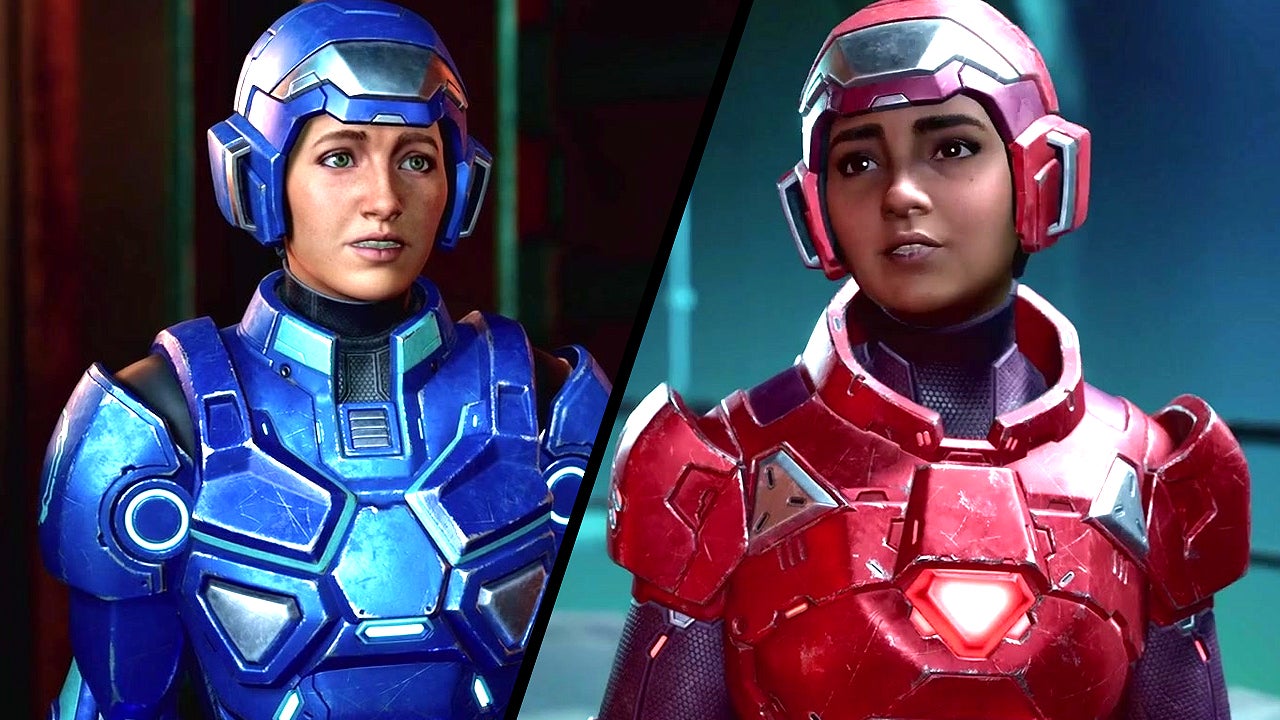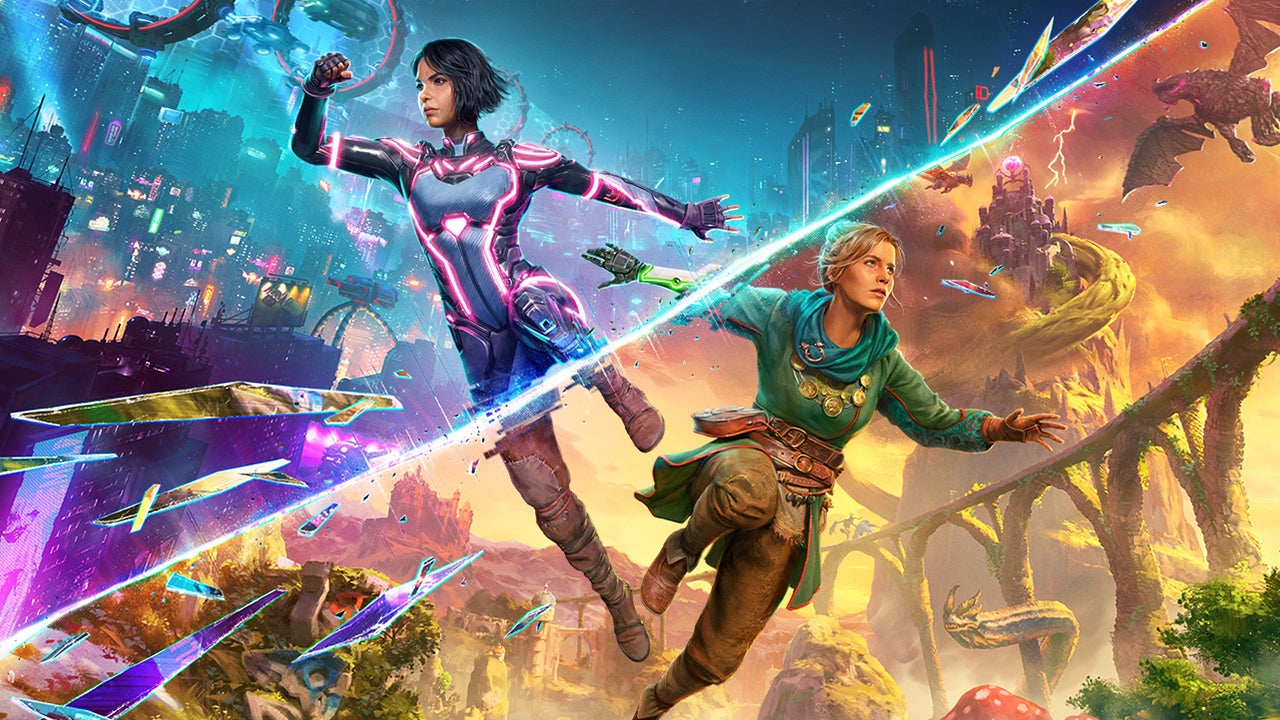After an exciting 2023 filled with standout titles like Helldivers 2, Elden Ring: Shadow of the Erdtree, Dune: Part 2, and Shogun, many fans anticipated a bright future for pop culture in 2024. However, the year has been marred by numerous letdowns that have overshadowed the successes. From devastating layoffs in the gaming industry to underwhelming adaptations and disappointing sequels, 2024 has seen its fair share of setbacks.
Gaming Industry Crisis: Layoffs and Studio Closures
The gaming sector faced significant turmoil in 2023, with numerous studios and publishers making drastic cuts to their workforce. Unfortunately, this trend has continued into 2024, resulting in an estimated 14,600 job losses—a staggering 39% increase from the previous year. Many talented developers now find themselves navigating one of the toughest job markets in the industry, as companies tighten their belts and reduce their teams.
Major players like Riot, Microsoft, Bungie, Unity, Take-Two Interactive, EA, and PlayStation have all been implicated in these cuts, driven by various factors such as rising development costs, changing player habits in the post-COVID world, and the global repercussions of geopolitical events. The atmosphere remains tense for those who remain, forced to adapt to a new reality without the support of their former colleagues.
Adding to the grim narrative are several high-profile studio closures. Among the most notable is Arkane Austin, renowned for its work on the immersive sim Prey. The studio’s last title, Redfall, was met with disappointing reviews and sales, ultimately leading to its closure by Microsoft, which also shut down Alpha Dog Games and Roundhouse Games. While Tango Gameworks was rescued by Krafton, the overall situation remains bleak, with PlayStation’s London Studio and several others also shutting their doors. It’s safe to say 2024 has been a challenging year for the gaming landscape.
Trend-Chasing Flops: A Lesson in Timing
The gaming industry also witnessed several high-profile failures as studios chased fleeting trends. Firewalk Studios, responsible for the ill-fated PvP hero shooter Concord, serves as a prime example. Despite being developed by veterans from Bungie and Activision, the game launched too late, arriving after the hero shooter genre had peaked. With a lack of distinctive features, it failed to capture audience interest, peaking at just 697 concurrent players on Steam during its launch week. Sony ultimately pulled the game from sale, refunding players and shuttering Firewalk Studios shortly after.
Similarly, Rocksteady’s Suicide Squad: Kill The Justice League fell victim to the trend-chasing trap. Despite anticipation, the game was met with critical and commercial failure, largely due to its live-service model that echoed the disappointing Crystal Dynamics’ Avengers game. Fans who longed for the studio’s acclaimed single-player Batman experiences were left unsatisfied, as the game’s repetitive format and lack of innovation caused sales to plummet.
Hardware Missteps: High Prices and Low Expectations
As the gaming landscape evolved, hardware releases also faced their share of criticism. Sony’s PlayStation 5 Pro, launched at a staggering $700, left many fans disheartened. Mark Cerny’s presentation showcased marginal improvements over the standard PS5, leading to disappointment among consumers. The introduction of complex performance options only added confusion, leaving players longing for the simplicity of past console generations.
In a surprising turn, Nintendo announced a new product—an alarm clock called Alarmo—rather than the anticipated successor to the Switch. Priced at $100, this gadget hardly met the expectations set by the gaming community, highlighting a year where hardware innovation seemed to stall.
Television Woes: When Fan Favorites Fall Flat
While 2024 has seen some bright spots in television, such as Arcane and Shogun, several beloved shows struggled to maintain their momentum. Season 3 of The Bear, while solid in its own right, failed to capture the magic of its predecessors, suffering from a slower pace and sidelined character arcs.
The Star Wars franchise also faced challenges, as The Acolyte, despite its intriguing premise and impressive visuals, ultimately fell victim to poor storytelling. While the series had the potential for deeper exploration of its characters, it was abruptly canceled by Disney, leaving fans disappointed.
Adaptation Disasters: When Good Ideas Go Wrong
The year also highlighted the difficulty of successful adaptations. While Amazon’s Fallout received praise for its transition from video game to television, other adaptations, like Like a Dragon: Yakuza, missed the mark entirely. Stripped of key elements and character depth, this series failed to capture the essence of the beloved game franchise.
In the realm of animation, the much-anticipated adaptation of Junji Ito’s Uzumaki fell short, presenting a rushed narrative that lacked the quality of its source material. The stark drop in animation quality after the first episode only compounded fans’ disappointment.
Box Office Blunders: Films That Failed to Impress
The film industry wasn’t spared from disappointment either, with several adaptations failing to resonate with audiences. The live-action Borderlands movie was criticized for its lack of authenticity and failed to capture the game’s unique blend of humor and chaos, resulting in a disastrous box office performance.
Similarly, Joker: Folie à Deux, the sequel to the highly successful Joker, fell flat, failing to live up to the original’s acclaim. The film’s pacing and direction left many viewers underwhelmed, proving that even the most anticipated sequels can miss the mark.
In Conclusion: A Year of Highs and Lows
2024 has been a year filled with challenges for the entertainment industry, from studio closures and disappointing adaptations to box office flops. While some bright spots remain, the overall sentiment reflects a need for change. As we look forward to 2025, we can only hope that the lessons learned from this year’s disappointments pave the way for a more successful future.






